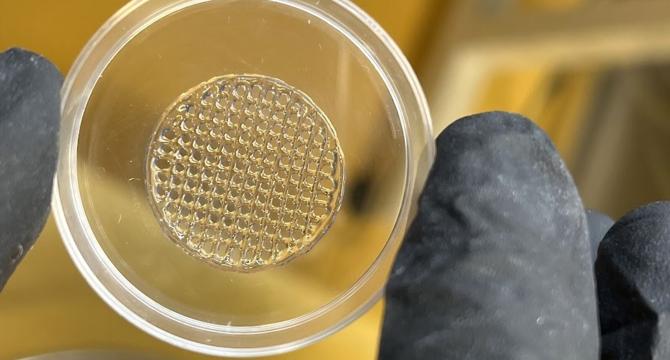Popsci
7d
0

Image Credit: Popsci
3D-printed ‘skin’ could make testing cosmetics on animals obsolete
- Researchers from Graz University of Technology and the Vellore Institute of Technology (VIT) in India are working on a bioengineered solution to replace animal testing in cosmetics experiments.
- They are developing artificial 'skin' made of 3D-printed hydrogel layers held together by living human cells, which can mimic human skin accurately enough to test the effects of cosmetics and potentially other substances.
- The artificial 'skin' could also have applications in drug testing and wound healing.
- This development could help put an end to the inhumane practice of animal testing, which is estimated to cause around 500,000 animal deaths or suffering globally each year.
Read Full Article
Like
For uninterrupted reading, download the app